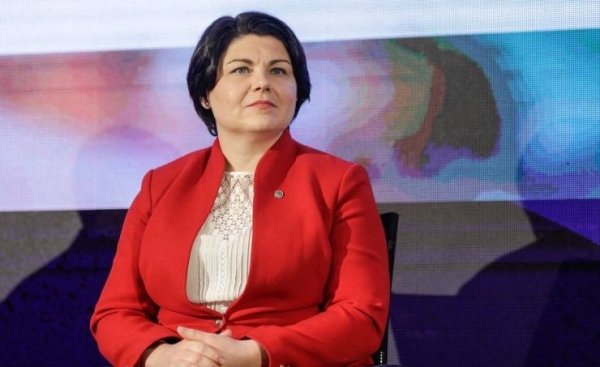
CHISINAU (Reuters) - Moldova’s parliament on Thursday nominated the country’s ambassador to Russia, Vladimir Golovatiuc, to be its new prime minister, in a challenge to the candidate put forward by President Maia Sandu.
The move is likely to prolong the wrangling between Sandu, who became president in November on a pro-European Union ticket, and a parliament still dominated by lawmakers aligned with her pro-Russian predecessor, Igor Dodon.
Sandu has previously accused parliament of trying to sabotage her leadership and is pushing to hold a parliamentary election, which she says is needed to give her more power to fight corruption and tackle the coronavirus pandemic.
On Tuesday, she nominated Igor Grosu as prime minister, prompting a constitutional challenge from lawmakers.
Corneliu Furculita, head of the parliamentary faction of Dodon’s Socialist party, invited Sandu for more talks on the matter.
“The purpose of the consultations is to comply with the constitution, which stipulates that the president should consult with parliamentary factions in order to determine a candidate for prime minister,” he said.
Sandu signalled she was not willing to hold consultations, however, unless her attempt to nominate Grosu was thwarted.
“New consultations with parliamentary factions and groups may take place after the exhaustion of the Decree.. of March 16,” Sandu’s administration said in a statement, referring to her nomination of Grosu.
“The President also took note of the application of the candidate for Prime Minister Igor Grosu, in which he (Grosu) noted that he would hold discussions with parliamentary factions and groups to obtain support for the approval of the government”.
The Constitutional Court is due to rule on Sandu’s nomination of Grosu, whom she proposed after parliament rejected her first candidate.
Also on Thursday, the court ruled that a lawmakers’ vote in December to overturn banking legislation backed by the International Monetary Fund did not comply with Moldova’s constitution.
The legislation was originally passed in 2016 as a condition for the country receiving IMF loans. It allowed the finance ministry to issue bonds worth 13.5 billion Moldovan lei ($790 million) to prop up the financial system after the discovery that $1 billion had disappeared from the country’s banking system.












